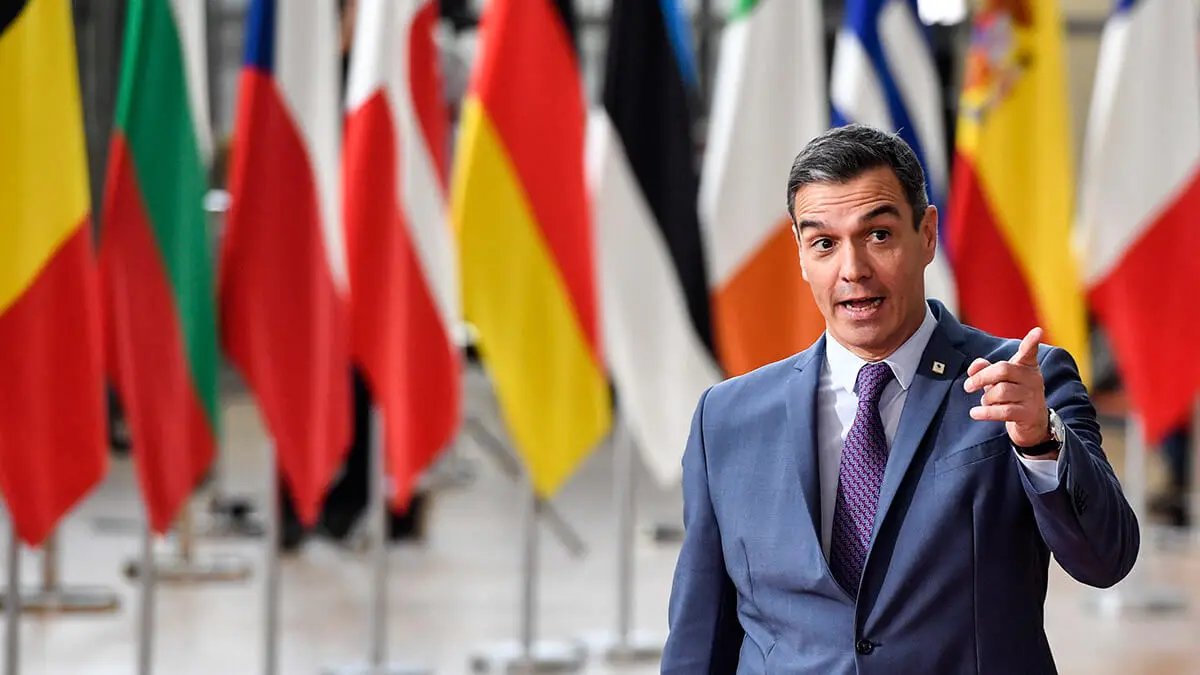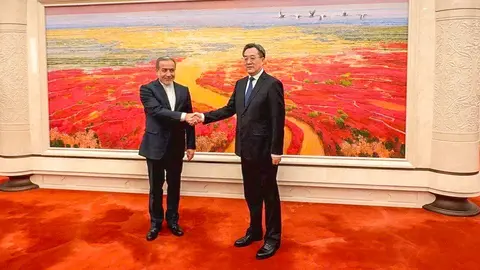Sánchez Risking Full Review of US-Spain Relations By Holding Onto Huawei Card

The Trump Administration and the U.S. Congress have made it crystal clear that they believe that it is in the U.S. national interest to aggressively counter the use of Chinese hardware and software in and around the national security sensitive infrastructure of the United States and its allies. That includes NATO and Major Non-NATO Allies.
The Trump Administration therefore cannot give the Sánchez Administration a pass on its controversial decision to downplay the national security threats posed by Huawei technology in the Spanish defense, security, and intelligence sector.
That would not only give rise to inconsistency between policy and practice. It would create the impression that the Trump Administration is willing to accept strategic misalignment with U.S. national security and foreign policy interests by U.S. allies and partners. It is not.
The Trump Administration therefore needs to quickly decide how best to respond to the Sánchez Administration.
In Washington, one that has been discussed is to impose targeted sanctions that restrict travel and freeze the assets of Spanish individuals and entities that are involved in corruption, organized crime, human rights violations, and anticompetitive practices. They might include Spanish organizations far outside the defense industrial base. Examples include La Liga, the Galician Mafia, and the Spanish Socialist Workers' Party.
Another option that has been discussed is to reign-in bilateral defense, security, and intelligence cooperation. That could include imposing restrictions on defense trade, relocating U.S. military forces from Spanish military bases, suspending Spain from U.S. intelligence sharing platforms, and/or ordering a full review of the bilateral relationship between Spain and the United States - similar to what is being discussed for South Africa. All of those options would impose heavy consequences for Spanish national security and foreign policy interests.
Whatever policy pathway is selected by the Trump Administration, there is bound to be support for imposing harsh consequences on the Government of Spain within the U.S. Congress.
The Republican Party remains relatively united in demanding strong alignment on Chinese Affairs from U.S. allies and partners. That does not exist in the case of Spain right now, and many Republican elites are unwilling to continue to settle for the status quo. This is not the Biden era.
To be clear, this is a mess of Pedro Sánchez’s own making.
Since the inauguration, Sánchez has been playing a high stakes game of political poker with the Trump Administration. Unfortunately, he has been using the bilateral strategic partnership as collateral in this game.
At some point, both sides are going to have to show their hands. That could be disastrous for the future of US-Spain relations.
Before that happens, the Sánchez Administration would be wise to solicit non-partisan advice from the Spanish Ministry of Defense and National Intelligence Center.
If domestic politics were taken off the table, one would have to imagine that those institutions would advise Sánchez against siding with the People’s Republic of China over the United States on this matter.
Michael Walsh is a Non-Resident Senior Fellow at the Foreign Policy Research Institute



